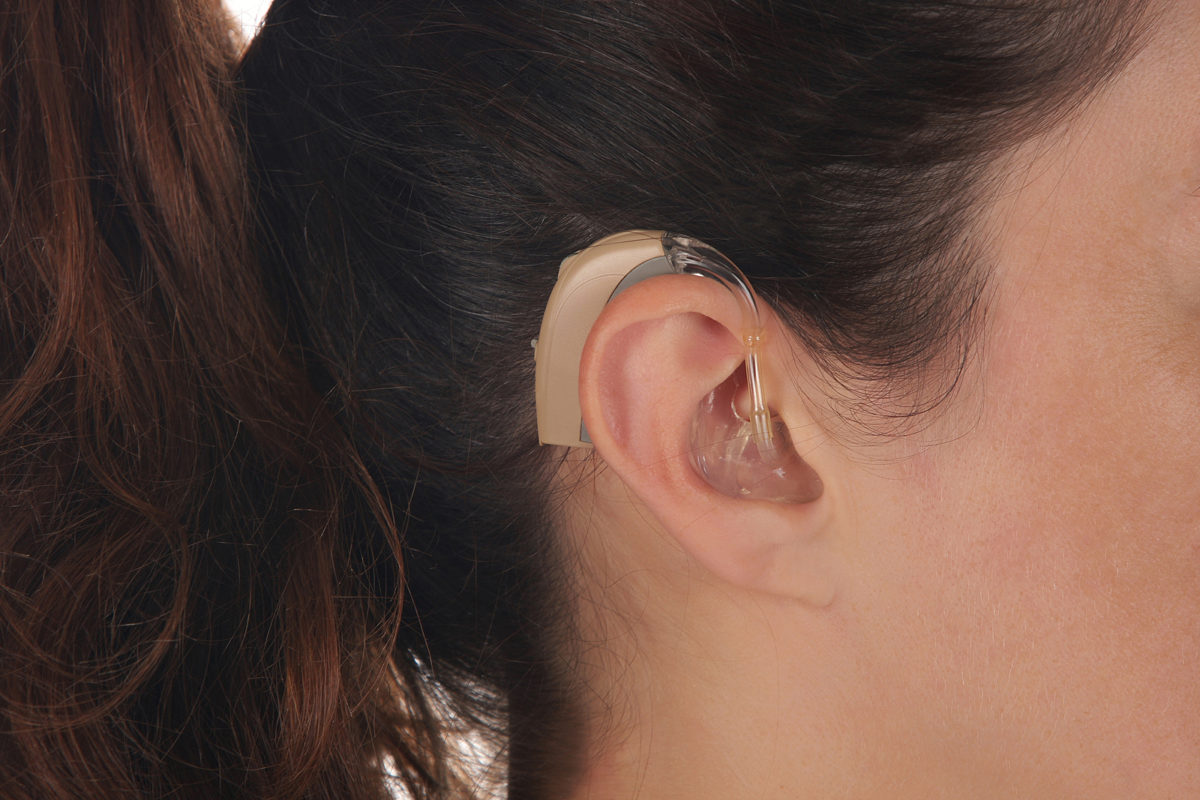For those of us using hearing aids, we already know how supportive they can be. They are essential in helping you follow everyday conversations and help you be more alert of sounds in the world. However, there are some instances that even with hearing aids, you are going to need a little bit of extra help to hear. This is when assistive listening devices come in. Many of them work with your hearing aids to provide a well-rounded listening experience. Lets go over different types of assistive listening devices to discover if there are some that may work for you.
What is an Assistive Listening Device (ALD)?
An Assistive Listening Device (ALD) is any device, aside from hearing aids, that helps you overcome your hearing loss. In most instances the term ALD is applied to personal devices which transmit, process, or amplify sound. Some ALDs can be integrated with your existing hearing aids, such as Bluetooth connectivity or telecoil loops for hearing in public settings, while other ALDs can work on their own, separate of hearing aids. Here are a few common places in which ALDs can help improve your listening experience at home, at work and on the go.
Phones
Seems like almost everyone has a smartphone these days. These amazing devices are incredibly versatile, acting as not only phones, but as GPS, media centers, decibel meters and more. In continuing this extensive and versatile list, your smartphone is also a very powerful ALD. There are apps available for both the iPhone and Android devices that offer free captioning services. You can use these when watching TV at home, talking on the phone or when you are out watching a movie – They can even help to translate speech to text during in person conversations!
Due to Bluetooth connectivity, many hearing aids can now connect to your smartphones wirelessly, so you don’t have to hold your phone up to your ear. Instead, the audio is transferred directly to your hearing aids, so you can hear with the audio modifications programed into your hearing aids by your audiologist. The alternative of holding your phone to your ear when using hearing aids can cause feedback and background noise interference.
Induction Loops and Telecoils
When you are out in public spaces, even when wearing hearing aids it can be hard to hear over the multiple conversations, and competing noises. Telecoils, also known as induction loops, are an amazing public service which can enhance sound for multiple hearing aid users at once. The induction loop is a thin copper wire installed in public rooms which produces an electromagnetic field in order to send amplified sound directly to the hearing aids of multiple users within the realm of the induction loop. Telecoils, also known as T-coils are used in concert halls, auditoriums, churches, bus stations, banks and more. When the T-coil setting is switched on, you can hear amplified sound directly to your ears.
Alerting Devices
People with hearing loss must be able to hear alerts and alarms even when their hearing aids aren’t in. for instance, its recommended to take your hearing aids out at night, however, this opens up the risk that you could miss important alerts such as fire and carbon monoxide alarms while you sleep. Some ALDs come in the form of bed shakers and strobing lights. You can also opt in for text message alarms and alerts on smartphones which can vibrate and blink to get your attention without auditory warnings.
Infrared Systems
Infrared systems use light to transmit sound and are used for instances where privacy is essential such as in a bank or courtroom. Infrared light technology transmits a digital interpretation of sound which is then returned to electrical audio in your personal receiver. Sound vibrations can penetrate walls, but because light does not, it’s the perfect technology for when privacy is essential
Schedule a Hearing Consultation Today!
To find out about all the amazing ALDs and which ones can work for you, don’t hesitate to contact us today. We can go over your options and identify how to better enhance your hearing in every aspect of your life. Contact us to schedule a consultation today.

